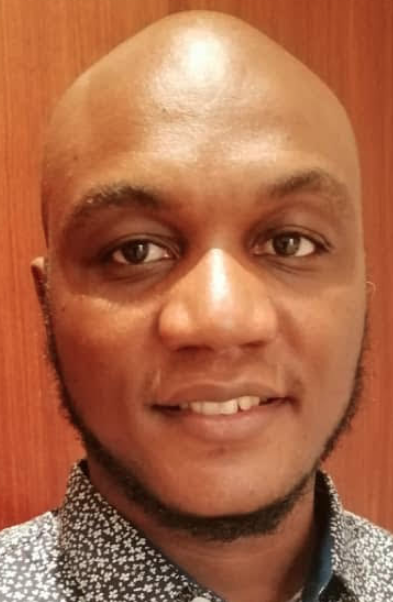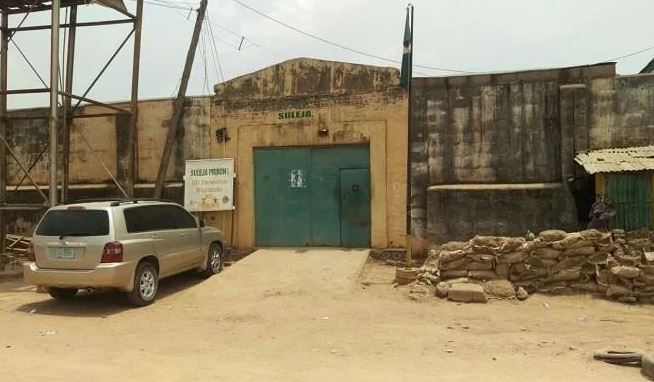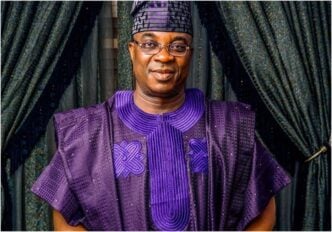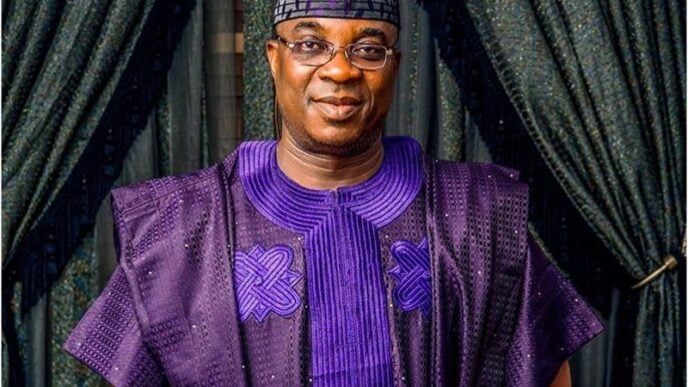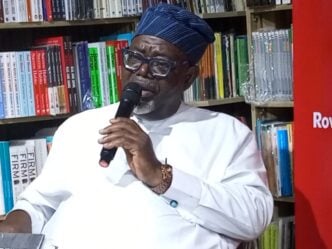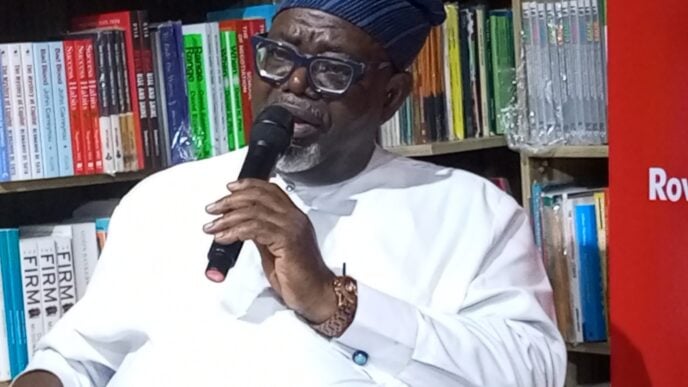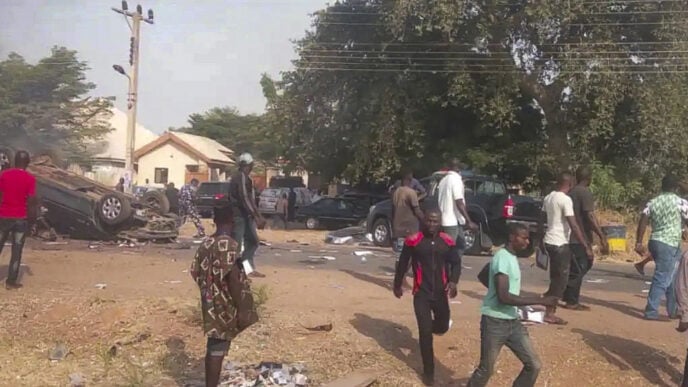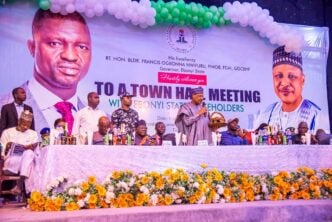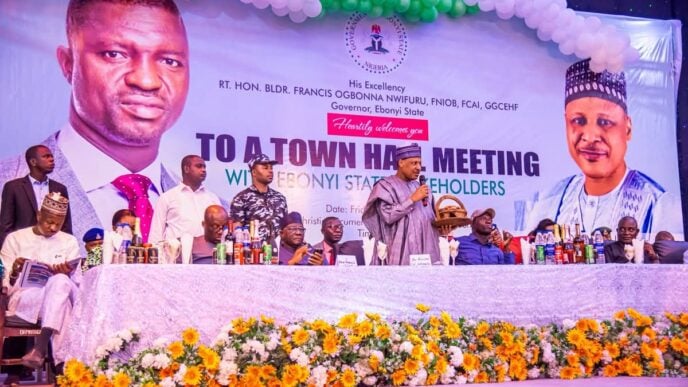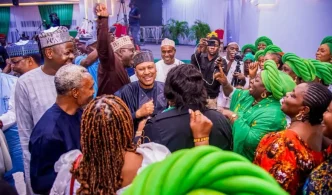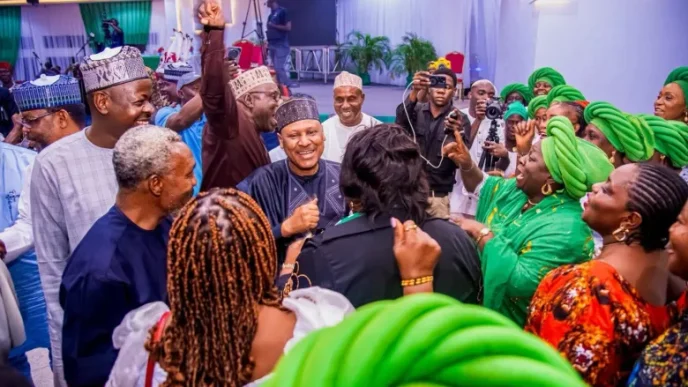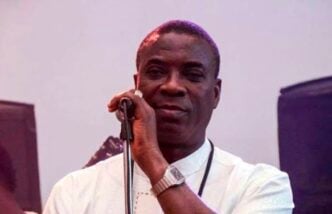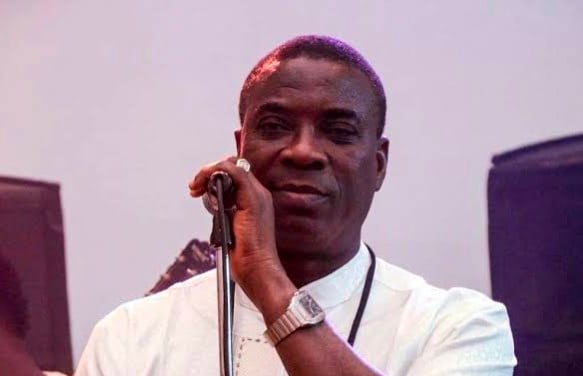Suleja prison
Just when you think you have heard the most absurd thing in Nigeria, you get hit on the face with a new tomfoolery. The Independent National Electoral Commission (INEC) says it is working with the Nigeria Correctional Service (NCoS) on the voting rights of inmates.
INEC Chairman, Mahmood Yakubu, disclosed this while receiving the Comptroller General of NCoS, Sylvester Nwakuche, at the Commission’s headquarters in Abuja.
According to Yakubu, the Appeal Court has granted inmates the right to register and vote in elections, and INEC is exploring how to implement this.
“We are aware that the right to vote is a human right which cannot be taken away from a citizen on account of time being served in a correctional facility,” Yakubu said, citing examples from Ghana, Kenya, and South Africa where inmates exercise voting rights.
Advertisement
My reaction to this development? INEC has completely lost the plot. With all the electoral challenges facing Nigeria, prisoners voting is what is keeping the INEC chairman awake at night? This is like a man whose house is on fire focusing on watering his garden. The misplaced priorities are staggering.
Let me ask INEC a simple question: Is voting really the primary problem of inmates in Nigerian correctional facilities? Have they visited these facilities lately? Most of our prisons are hellholes where inmates struggle with basic necessities like food, healthcare, and decent accommodation. Some prisoners have been awaiting trial for over a decade, yet INEC’s priority is ensuring they can vote. The irony is suffocating.
Come to think of it, what moral justification exists for someone who has committed crimes against society to have a say in choosing leaders for that same society? When you break the social contract by committing crimes, shouldn’t there be consequences beyond just confinement? Part of the punishment for criminal behaviour should include temporary loss of certain civic privileges, including voting rights.
Advertisement
But let’s even assume for argument’s sake that prisoners deserve voting rights. How exactly will INEC ensure the integrity of prison voting? Our regular elections are already compromised by vote-buying, intimidation, and manipulation. Now imagine introducing a captive population that can be easily coerced by prison officials or even fellow inmates. This is a recipe for electoral disaster.
Prison wardens will become the new political godfathers. They will determine which candidates prisoners vote for, and our politicians will find new ways to manipulate the system. Some clever politicians might even arrange for their supporters to commit minor offenses just before elections to vote from prison where they can be better controlled. Trust our politicians to exploit any loophole.
The timing of this announcement is also suspicious. We’re approaching 2027 elections, and INEC is suddenly discovering prisoners’ voting rights? This smells like another avenue for vote padding and manipulation. With about 75,000 inmates in Nigerian correctional facilities, that’s a significant voting bloc that can swing close elections.
INEC claims they’re following international best practices by citing Ghana, Kenya, and South Africa. But they conveniently forget that these countries have functional justice systems where people aren’t languishing in prison for decades without trial. They have better prison conditions and more organised electoral systems. You can’t copy solutions without copying the systems that make those solutions work.
Advertisement
Every year, INEC announces that 50 million or 90 million Nigerians have collected their Permanent Voter Cards (PVCs), but when election day comes, only about 20 million actually vote. Our problem isn’t getting more voters; it’s solving voter apathy. Most people collect PVCs as identification documents, not because they intend to vote.
The reason for this massive apathy is simple – Nigerians have lost faith in our electoral process. They’ve seen elections rigged, votes bought, and results manipulated so many times that many have given up on the system. Instead of focusing on prisoners’ votes, INEC should concentrate on restoring public confidence in elections.
The solution to low voter turnout isn’t expanding the voter base to include prisoners; it’s making elections free, fair, and credible so that ordinary Nigerians will believe their votes matter. When people are confident their votes will count, they’ll come out to vote. When they believe the system is rigged, they’ll stay home regardless of how easy you make voting.
But here’s the most laughable part of INEC’s recent activities. The same commission that wants prisoners to vote is now cautioning political parties against engaging in “premature electioneering activities” ahead of the 2027 general elections. According to INEC, such actions violate the Electoral Act since the commission hasn’t released the official timetable for 2027 polls.
Advertisement
This is pure comedy. Anyone who has been awake in Nigeria knows that campaigns for 2027 began immediately after the 2023 elections were concluded. Campaign posters and billboards are already littering our cities. Political consultations and alignments are in full swing. Governance has taken a backseat as politicians have shifted focus to 2027.
Yet INEC is pretending to be surprised by early campaigns? They’re cautioning against what is already happening in broad daylight? This is like warning against rain while standing in a thunderstorm. The commission’s pretence at enforcing campaign timelines is as empty as their promise to conduct credible elections.
Advertisement
I can bet my last naira that INEC will not have the balls to sanction any major political party or candidate for early campaigning. They’ll issue more toothless warnings while politicians continue their activities unabated. This is just another case of INEC doing things for the optics rather than substance.
The truth is, Nigeria’s electoral system has fundamental problems that need urgent attention. We have issues with voter registration, vote buying, electoral violence, result manipulation, and lack of public trust. These are the areas INEC should be focusing their energy and resources on, not chasing after prisoners’ voting rights or issuing meaningless warnings about early campaigns.
Advertisement
If INEC wants to improve our democracy, they should start by ensuring that existing voters can vote freely and have their votes count. They should invest in better technology, train their officials properly, and work with security agencies to prevent electoral violence. They should prosecute vote buyers and election riggers to serve as deterrents to others.
Instead of expanding voting rights to prisoners, INEC should focus on protecting the voting rights of law-abiding citizens who are often disenfranchised through violence, intimidation, or technical failures. Instead of issuing empty warnings about early campaigns, they should work on creating a credible electoral calendar that politicians will respect.
Advertisement
The prisoners can wait. Our democracy has bigger problems to solve first. Let INEC fix the electoral system for free citizens before thinking about those who are paying their debt to society behind bars.
Until then, this prison voting agenda looks like another distraction from INEC’s core mandate – conducting free, fair, and credible elections that Nigerians can trust.
Views expressed by contributors are strictly personal and not of TheCable.
